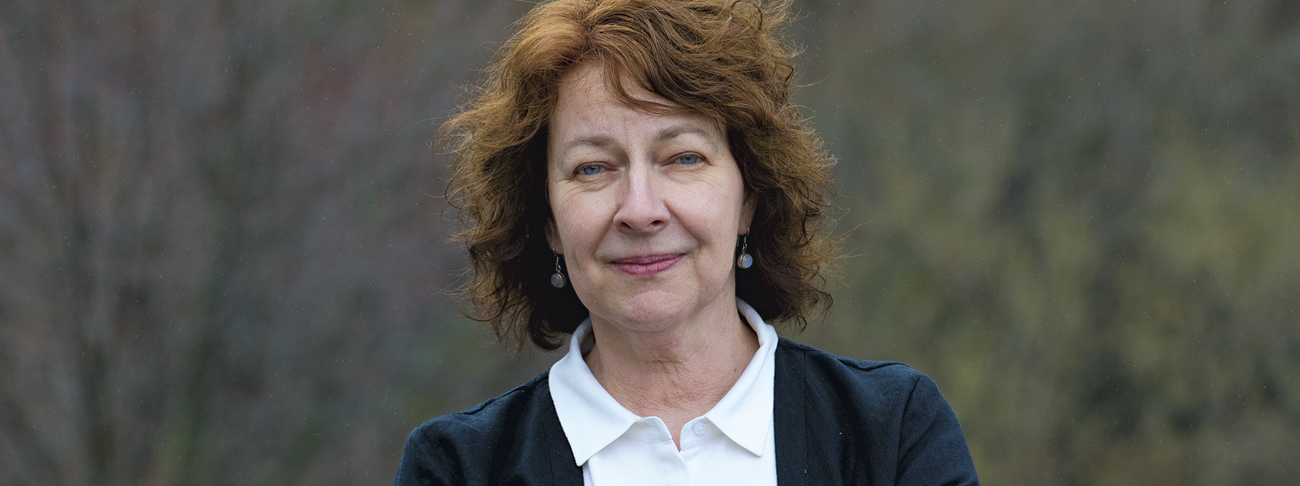
by Brenda Austin-Smith
Sitting at my makeshift working-from-home desk this summer, I could smell the trace of fire in the air over Winnipeg. For many days we had orange daylight, the sky affected by the drift of acrid smoke from wildfires on both sides of Manitoba. It was like living in an extended solar eclipse. And while Manitoba experienced the driest July in 150 years, consolidating a severe drought, Lytton, B.C. was obliterated in minutes by wildfire.
Call it what we will — a wakeup call, a crisis, even the predictable consequence of rising temperatures and resulting snow melt, climate change is upon us. The increase in extreme weather events is described in the Sixth Assessment Report of the Intergovernmental Panel on Climate Change (IPCC) as unequivocally linked to human-induced changes in the atmosphere, the ocean, and the land. The IPCC report has a section on possible climate futures all of which stress the effects of increasing emissions on the global water cycle that affects both rainfall and drought. Unpredictable patterns of too much and too little water bring the stark possibility of shortage and food insecurity to Canada in ways many have not experienced or thought of before.
A CAUT Bulletin article from 2017 referred to Canada’s position as 52nd out of the world’s 58 top carbon dioxide emitting nations according to the Germanwatch Climate Change Performance Index that year. I checked this year’s index: Canada has moved down that list of climate shame. We are doing better only than Iran, Saudi Arabia, and the United States, but score worse than China, Mexico, and the entire European Union bloc.
At CAUT Council in April 2019, members passed a motion supporting a number of measures to combat climate change using the political and bargaining tools available to the federation and its associations. CAUT is a member of Climate Action Network, the only network in Canada that connects labour, development, faith-based and Indigenous groups together with key environmental groups working on systemic and sustainable remedies for climate change. Associations can benefit from the collective actions and knowledge sharing made possible through this network.
As members with bargaining power, CAUT associations can and should use negotiations to promote climate friendly policies and practices on our campuses. One place to start is with institutional strategic plans, which usually refer to nebulous ideas of “academic excellence” but rarely address the alignment of the institution with clear and sustainable practices in the name of “climate excellence.” An example would be serious commitment to research, curriculum, and community connection that includes Indigenous perspectives on knowledge areas such as fire management. Associations can also use their Board of Governors, Senate representatives and assessors to push for discussions about investments in green infrastructure, and a just transition to sustainability that supports good jobs nationwide. We can join with other labour groups working on and for policies that combine quality work with climate health. As the Unions4Climate Action site says, “There are no jobs on a dead planet.”
What is key to climate justice is activism on more than an individual scale. The pandemic has shown us all the ups and downs of all that is distant and virtual. We have all had enough of the isolation of Zoom squares. The democratic and member-driven character of our associations can and must be supported even as we reduce our carbon footprint. CAUT has already expanded its use of web-based workshops, fora, and committee meetings. These remote connections play an important role, but can’t be a substitute for meetings and marches, demonstrations and celebrations of collective action taken in the service of collective goals.
Amid the alarm, and what Ian Mauro of the University of Winnipeg’s Prairie Climate Centre calls “climate grief”, are other feelings CAUT members can draw on to meet this challenge, among them anger at the scale of corporate damage to the earth and determination to do something about it. The gift of the post-secondary education sector is that it is brimming with experts from all areas of academic endeavour. Our energy is the kind that makes this kind of change possible, if we organize, engage, and mobilize to make it happen. This time, we really are in it together.